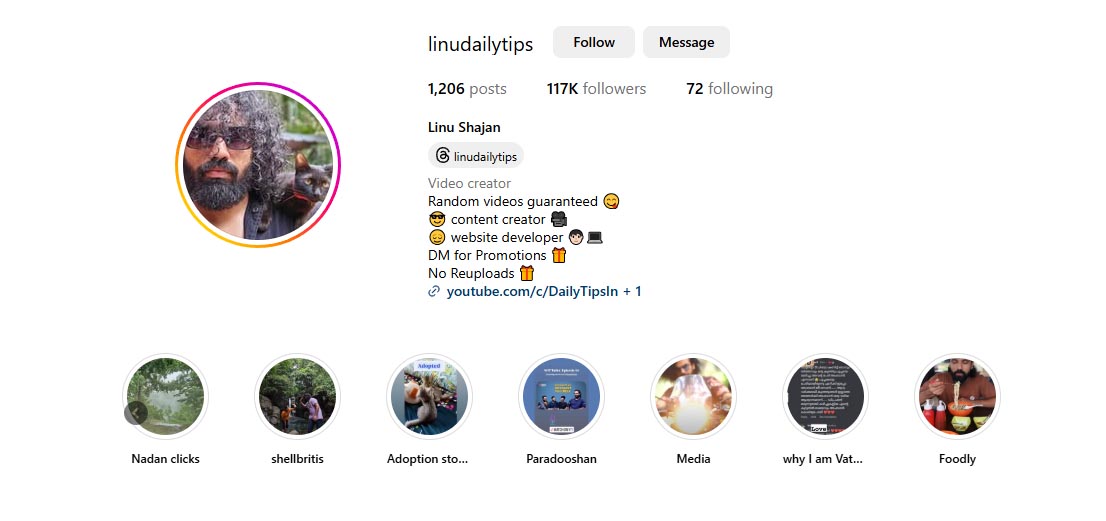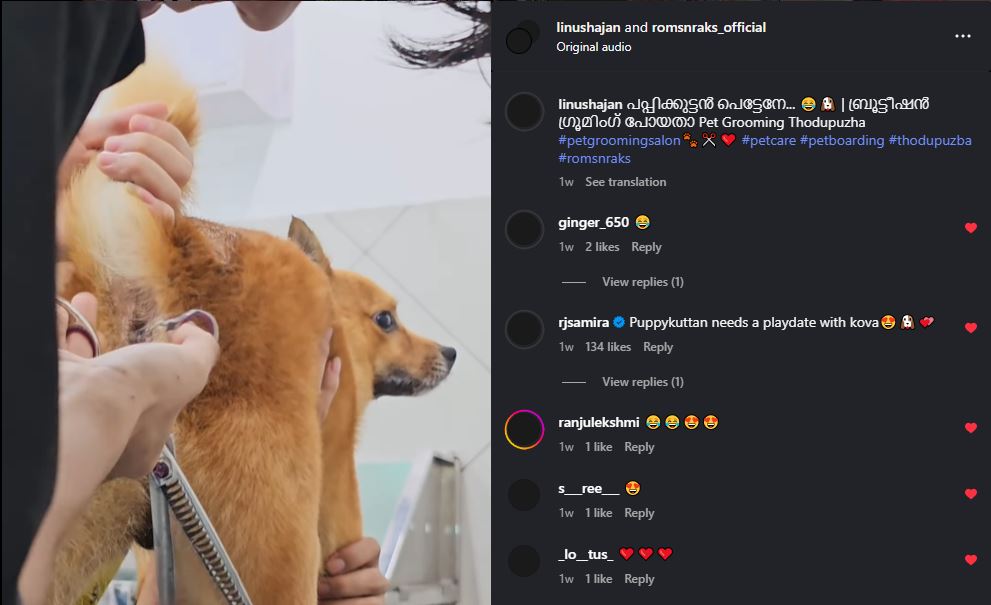Influencer Marketing: Unique Content & Its Expanding Scope
In today’s hyper-connected world, influencer marketing has emerged not just as a trend but as a transformative strategy redefining how brands connect with audiences. Unlike traditional marketing, influencer marketing leverages the trust, relatability, and reach of individuals who have cultivated loyal followings on platforms like Instagram, YouTube, TikTok, and even LinkedIn.
What Is Influencer Marketing?
At its core, influencer marketing involves collaborating with online personalities (influencers) to promote products, services, or brand messages. These influencers can be categorized into:
-
Nano-influencers (1K–10K followers): High engagement, community-driven.
-
Micro-influencers (10K–100K): Niche audiences, authentic voice.
-
Macro-influencers (100K–1M): Broader visibility, semi-celebrity status.
-
Mega-influencers (1M+): Massive reach, often celebrities or internet personalities.
Unlike hard-sell advertisements, influencer content feels organic and trustworthy, often perceived as peer recommendations rather than brand promotions.
The Scope of Influencer Marketing
The scope of influencer marketing has grown exponentially and continues to evolve across several dimensions:
1. Diverse Industries
While fashion and beauty led the way, influencer marketing now thrives in:
-
Technology (unboxings, reviews)
-
Travel & Hospitality (destination promotion)
-
Finance (personal finance tips)
-
Health & Wellness (lifestyle content)
-
Education (edtech apps, online courses)
2. Platform Flexibility
Influencer campaigns are no longer limited to Instagram. Brands are now exploring:
-
YouTube for long-form tutorials
-
TikTok for short, viral trends
-
LinkedIn for B2B content
-
Twitch for gaming and live interaction
3. User-Generated Content (UGC)
Brands increasingly repurpose influencer content in ads and websites, making campaigns more cost-efficient and authentic.
4. Data-Driven Strategy
With advanced analytics tools, marketers can now measure:
-
Engagement rates
-
Conversion metrics
-
Follower growth
This allows for ROI-focused campaigns rather than guesswork.
5. Community Building
Modern influencer marketing isn’t just about reach—it’s about building a community that resonates with the brand’s values and voice.
Why Influencer Marketing Works
-
Trust over promotion: People trust people more than they trust ads.
-
Relatability over celebrity: Micro-influencers often drive higher engagement than mega-influencers.
-
Targeted reach: Brands can zero in on specific demographics and interests.
-
Cost-effective: Especially with nano- and micro-influencers, influencer marketing offers a better ROI than many paid ad campaigns.



